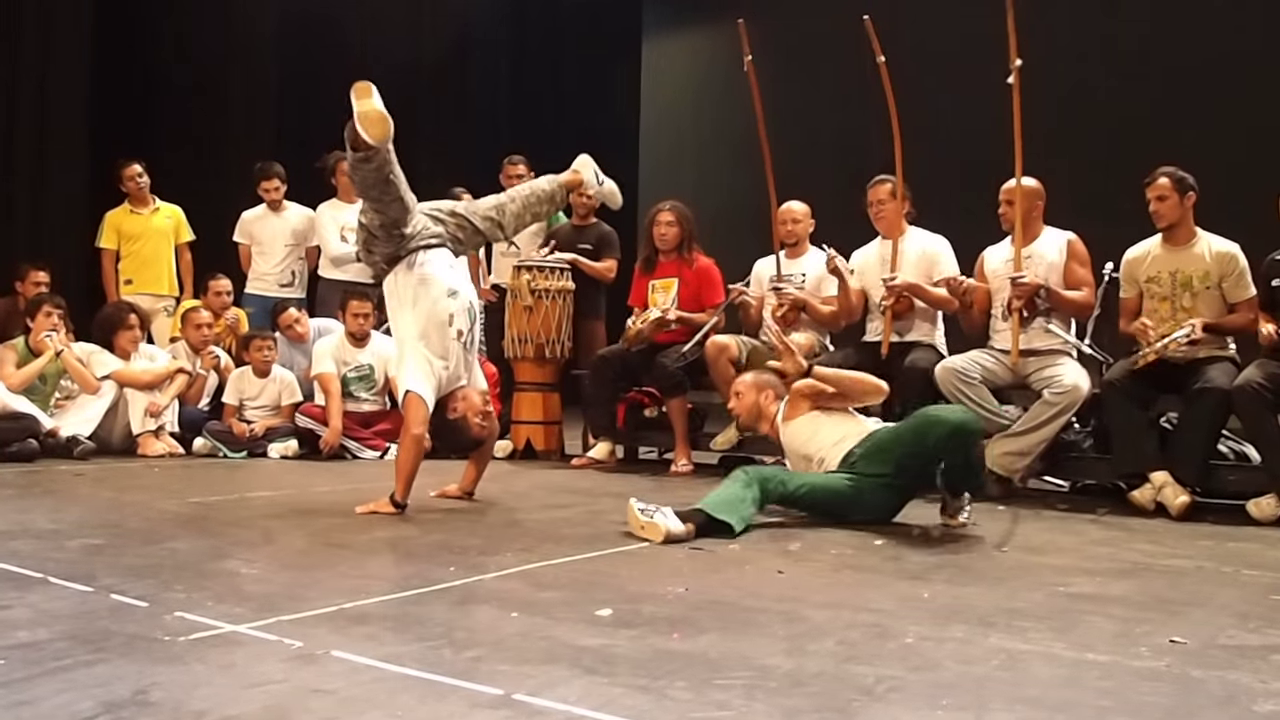
The relationship between education and democracy has been a leading theme in modern education. It is central in the work of classical authors like John Dewey (2018/1916) and contemporary scholars like Roland Reichenbach (2002), Martha Nussbaum (2006) and Gert Biesta (2011). Phenomena like the “long democratic recession” observed by Repucci and Slipowitz (2021) and the decolonial critique of Eurocentric conceptions of democracy (Quijano, 2000) and education (Dussel, 2019) invite us once again to rethink this relationship.
Using the example of the Afro-Brazilian martial art capoeira, we will explore the connections between education, embodiment and democracy from a theory of Bildung perspective. We will approach democracy from a radical democracy theory perspective (Badiou, Mouffe, Racière) not as an established institutional order but as a disruptive practice that allows the voices silenced by the institutional order to be heard (Rancière, 1999). Accordingly, education for democracy will not be understood as the socialisation of “newcomers” in the existing order but as an open-ended process “in which new political identities and subjectivities come into existence” (Biesta, 2011). This approach allows addressing education for democracy as a process of Bildung, in which self and world relations are transformed (Benner, 2019; Brinkmann, 2022a). Furthermore, it highlights the experiential, embodied and situated aspects of democratic education, usually overlooked in cognitive or competence-oriented approaches.
As an embodied process of Bildung, democracy education becomes accessible to qualitative, empirical research (Brinkmann, 2022b). It also raises questions on the relevance of the lived body (Leib) and tacit, embodied forms of practical knowledge for democracy education. From these perspectives, we will analyse data produced within the framework of a doctoral project on the videographic exploration of experiences of Bildung during the practice of capoeira. To explore the potential of capoeira as a practice of democratic education, we will examine the hypothesis that presents capoeira as a “decolonial pedagogy” (Abib, 2019).
Capoeira is a martial developed by enslaved Africans in Colonial Brazil. Because of its history and unique characteristics, it has often been approached as a “practice of resistance” (Assunção, 1999) and, more recently, as a “decolonial pedagogy” (Abib, 2019) that allows people to experience forms of being, knowing and relating to others that are distinct from European-colonial models. The latter argues for capoeira as an example for exploring the relationship between (radical) democracy, Bildung and (de)coloniality. Furthermore, it questions the potential role of embodiment, emotions and community in democracy education.
This research-oriented seminar is aimed at bachelor's and master's students interested in education, democracy, decolonial studies, body practices (martial arts, dance, circus, yoga, etc.) or qualitative research. Previous experience within the mentioned fields is desirable but not required. The seminar members will work as a team in a collaborative research product (to be determined in the first session). A prerequisite for successful participation in the seminar is regular involvement and the willingness to read and discuss academic texts and create an open and trusting working atmosphere.
- Kursverantwortliche/r: David Contreras